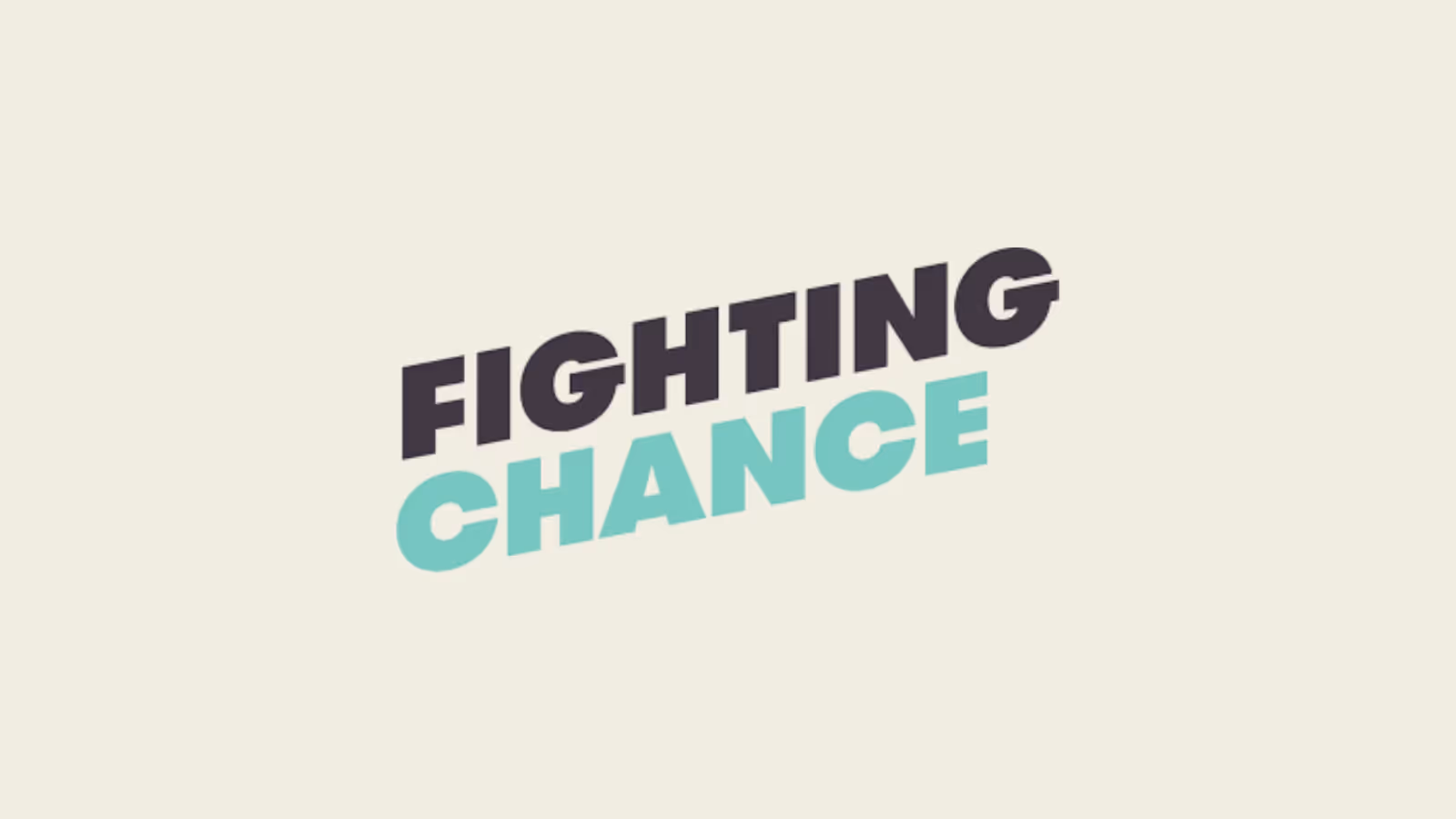Are EAPs Mandatory In Australia?
Are EAPs mandatory in Australia? Learn what WHS laws say about employer duties.

Did you know that employers are obligated by law to provide a safe and healthy workplace for all employees? This obligation doesn’t just include physical health; it extends to mental health as well.
In recent years, the focus has shifted to place employee mental health squarely in the spotlight as an important issue for employers to address. For many businesses, an effective solution has been the implementation of employee assistance programs (EAPs) which are designed to provide easy access to mental health services to employees during challenging periods.
But confusion remains around whether EAPs are required by law as well as questions surrounding the requirements for employers and directors when it comes to managing the health and wellbeing of their teams.
Are Businesses Required To Provide An EAP?
The Work Health and Safety (WHS) Act 2011 mandates that employers must ensure the health and safety of their workers, which includes both physical and mental well-being. However, the Act does not specifically mandate the implementation of Employee Assistance Programs (EAPs) for all businesses.
The legislation and the relevant code of practice do not mandate or legally require a business to offer an EAP, however it is still highly recommended as a best practice for supporting employee mental health and wellbeing. An EAP can be part of a wider mental health strategy, which in turn can assist to prevent psychosocial hazards.
EAPs like Foremind are specifically designed to help businesses of all sizes meet WHS obligations like managing psychosocial hazards by providing accurate data that provide insights into the psychosocial health and safety of your workforce.
Combining EAP & Psychosocial Hazard Management
The impact of psychosocial hazards can be significant and can lead to a range of negative outcomes, such as decreased job satisfaction, increased absenteeism and turnover, and reduced productivity.
It is required under the legislation for employers to identify, assess control and review these hazards. Foremind allows you to do this in the one place so that you can easily report on what you are doing as required.
Penalties For Failing To Manage Your Employees Wellbeing
Failing to manage psychosocial hazards in the workplace can lead to severe legal repercussions for employers under Australian law.
In a recent finding in the district court of NSW an organisation was fined $440,000 for failing to protect their workers and to comply with the health and safety act. Where breaches of the WHS Act result in serious harm or death due to inadequate management of psychosocial hazards, employers can even face criminal charges.
For most businesses, compensation claims are the biggest cost of failing to meet worker wellbeing obligations. Employees who suffer injury or illness as a result of psychosocial hazards in the workplace and recent reports suggest these types of claims are becoming more and more common. While EAPs are not mandatory, they do provide a range of benefits to meeting health and safety requirements.
WHS Obligations and Managing Psychosocial Hazards
Under the Federal Code of practice for psychosocial health and safety, employers must:
Identify Psychosocial Hazards
This includes workplace stress, bullying, harassment, and discrimination, which can lead to serious mental health issues like anxiety and depression.
Assess for Risk of harm
Workplaces must review the hazards identified specific to their workplace and teams and assess the severity of harm.
Control
Unlike physical hazards psychosocial hazards are not always able to be eliminated, instead workplaces will need to minimize harm through substitution and isolation.
Monitor and Review
Employers must continually monitor the workplace to ensure that control measures are effective and review these measures regularly to address any changes in the work environment or processes.
Consultation and Representation
Employers are required to consult with workers on health and safety matters, ensuring that employees have a voice in decisions that affect their health and safety. This also includes providing avenues for workplace representation and issue resolution.
How EAPs Help Meet Workplace Health and Safety Obligations
There are several benefits to EAPs as they play a critical role in helping employers meet their broader obligations under the WHS Act, particularly in managing psychosocial hazards. These programs assist in several key ways:
Early Intervention and Support
EAPs provide early intervention services that can help mitigate psychosocial hazards such as workplace stress, bullying, harassment, and interpersonal conflicts. By offering confidential counselling and support, EAPs enable employees to address issues before they escalate, promoting a healthier work environment.
Find out more about confidentiality and EAPs.
Risk Assessment and Management
EAP platforms like Foremind can provide valuable data and insights from the anonymised utilisation trends. The data can assist in identifying factors within the organisation that may be developing into psychosocial hazards, allowing businesses to implement targeted interventions and preventive measures.
Learn more about risk assessments for your business.
Reporting and Managing hazards
The Foremind EAP platform not only provides accessible counselling services, it also provides a system for employees to report hazards in their workplace. Foremind is the only platform in Australia that provides management of both the worker mental health and the psychosocial hazard compliance requirements in one platform.
Talk To Us About Managing Mental Health Compliance For Your Business
Looking into Employee Assistance Programs (EAPs) is a prudent step for businesses looking to support their workforce while meeting legal obligations under the Work Health and Safety Act 2011.
At Foremind we not only provide essential mental health support but also help businesses effectively manage psychosocial hazards in the workplace.
Book a demo with us today.
Related Content
- Identifying Psychosocial Hazards
- Employee Assistance Programs For Construction
- Mental Health Statistics in Construction
- How To Manage Psychosocial Hazards At Work

Hello 👋 I’m Joel the founder of Foremind.
Are you ready for simplified support & compliance?
Latest insights
Answers to the frequently asked questions.
Still have questions?
Email us at enquiries@foremind.com.au and we'll get back to you quickly with a response
Yes, we have culturally competent counsellors available, including those able to work with first nation and CALD employees.
Onshore on secure AWS Servers in Sydney Australia. All data is encrypted in transit and at rest and our entire team is located in Australia.
Employees can access our platform on any device (mobile, laptop, desktop, etc.) as long you have the website link - no need to download any app on devices. You wouldn’t need to enrol any of your staff individually.- When we do our onboarding, we ask for the first name, last name and email of all your employees, and send out an email invite to all them which will allow them to create their own individual account to access the platform. For new staff we can also invite them or provide you with a unique link to embed in your onboarding process, whichever is more convenient for you. We also kick things off with a launch webinar or video to make sure everyone is aware of Foremind and how to use it. We’ll also provide you with any collateral such as posters, QR codes, brochures etc. to help drive awareness and encourage people to create an account in the platform.
The support line is answered by our reception service 24/7. It is for urgent platform or session-related issues only (e.g. *“My counsellor didn’t show”*) or helping staff create an account.





